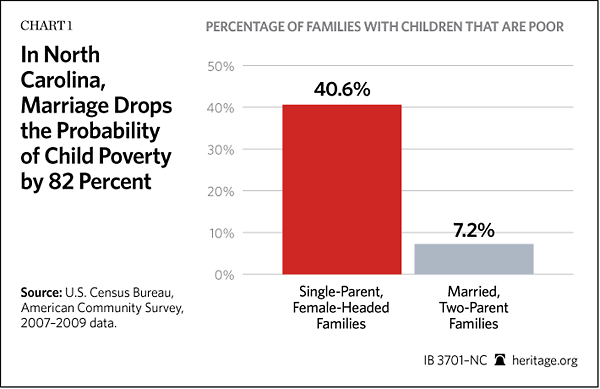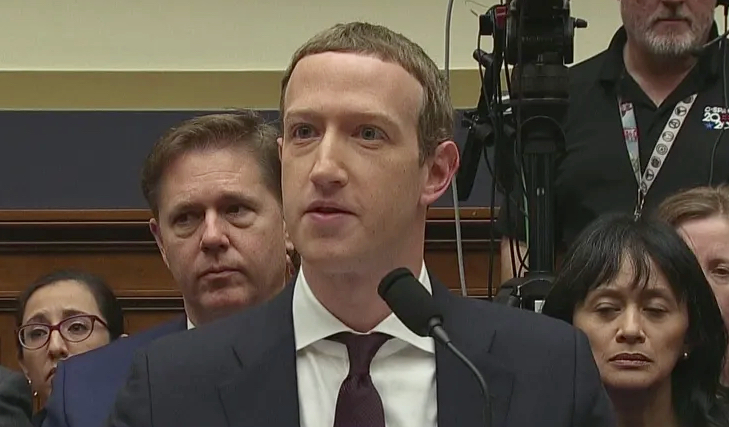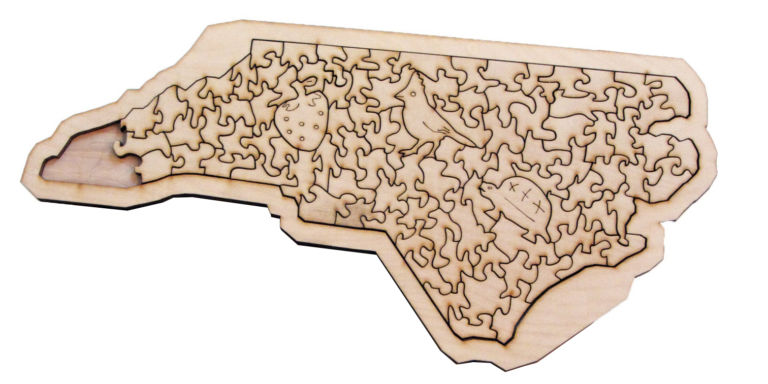If you read conservative culture commentary with any regularity, you’ll frequently come across an article or two highlighting the critical importance of fathers in the lives of their children. The research continues to confirm that a child’s success is greatly impacted by whether they grow up in a [stable] two-parent home. Single- parent homes have increased in number since the dawn of President Lyndon Johnson’s War on Poverty. However, in the past few years we have seen a small, but undeniable, reversal of this trend, perhaps heralding a more permanent increase in two-parent families.
A recent report by the Institute for Family Studies found that regardless of race, a child growing up in a two-parent household meant “less poverty, less prison, and more college.” Of the United States’ single-parent homes, 80.5% of them are headed by a mother. The implication is this: Dads matter.
The data confirms the centrality of fathers. In North Carolina, 41% of children without a father in the home are living in poverty. We rank 37th on the Family Unity Index, which measures the percentage of children living in single-parent families and other factors related to familial cohesion.
Capitalism’s opponents recognize that families are central to economic flourishing. For example, feminist writer, Sophie Lewis, argues that the best way to “dismantle capitalism” is to undermine the family. I first came across Sophie Lewis’ work on this subject a couple of years ago when I heard tell of her making a case to swap out the term “mother” for the far more utilitarian, achingly aloof term “gestator,” in an attempt to diminish the maternal-child bond. A bond, that I would argue, has more freedom to flourish under capitalist economies.
There are other writers who have deftly defined the anti-capitalist assault on the family, but I will quickly note that communism is no friend of families. Karl Marx saw the bonds of kinship as a substantial roadblock to economic parity, because it perpetuated private property and normalized the notion of hierarchies. The family, in Marx’s view, is inextricably tied to capital. One gives life to the other. And the death of one very well could beget the death of the other.
Adam Smith, oft referred to as the Father of Capitalism, also had thoughts on family life and structure, which he laid out in his Theory on Moral Sentiments. Although parts of this brilliant Scottish Enlightenment author’s view of women is sour and unenlightened, he takes care to note that an individual’s responsibility toward others grows greater the closer in relationship they are to the individual. This is embodied in the mantra “God, family, country.” Smith argues that there is a hierarchy of obligation, depending on your proximity to another person or institution. Smith drives his point home (pun very much intended), by writing, “A parent without parental tenderness…appear [as] monsters, the objects not of hatred only but of horror.”
There is nearly universal agreement, spanning across time and space, that parents are to take care of the needs of their children. This is so self-evident that most parents have a visceral repulsion at the thought of ever being perceived as not meeting their child’s needs. Yet, sadly, the dad dearth isn’t just a talking point for economists studying poverty. It’s a painful reality for hundreds of thousands of American boys and girls. As I noted earlier, dads matter. They matter to the economy. They matter to their communities. But most importantly, they matter to their children.



